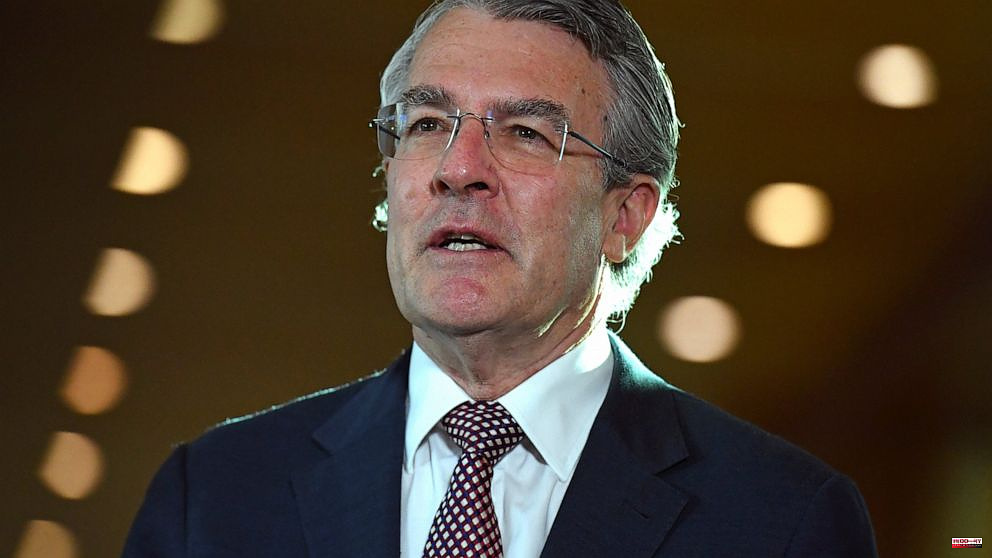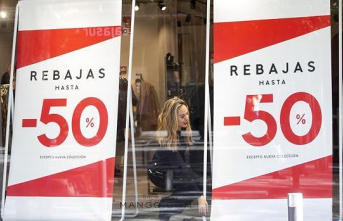CANBERRA (Australia) -- Australia's highest court ruled Wednesday that a cabinet minister had illegally cancelled the citizenship of a suspected Islamic State fighter in a landmark decision. This ruling limits how governments can deal effectively with extremists.
In a 6-to-1 decision, the High Court restored Delil Alexander's Australian citizenship, which was taken away in July 2013 by Karen Andrews, then-Home Affairs Minister.
Alexander, 35, was born in Australia, and is Turkish-American by descent. He is currently being held in a Syrian prison for terrorism convictions. Alexander fled Australia to Turkey in 2013, crossing the Syrian border, before he was captured by a Kurdish militia.
Andrews cancelled Alexander's citizenship on the basis of an Australian intelligence report that Alexander had joined the Islamic State of Iraq and the Levant and likely participated in recruiting and fighting for the extremist group.
The court however ruled that section 36B of Australia's Citizenship Act, which gave the minister the power to decide criminal guilt, was unconstitutional.
In cases where the individual has been sentenced to at minimum three years for a crime that shows they have "rejected their allegiance" to Australia, a minister could still revoke Australian citizenship under a separate section.
Rayner Thwaites from Sydney University, an academic in constitutional law, stated that the ruling means that a government cannot cancel Australian citizenship without first involving a court.
Thwaites stated that the orders in this case were that section 36B was invalid. This would have reasonable direct ramifications to others.
Thwaites said that the case could have repercussions for anyone whose citizenship was revoked under section36B.
It is not clear how many people could see their citizenships return due to this ruling.
In 2015, the previous conservative coalition amended the law to allow dual nationals to lose citizenship rights for acts that were not in accordance with their Australian allegiance.
Khaled Sharrouf, a Sydney-born terrorist who was also Lebanese in descent, was the first target. In 2017, he lost his Australian citizenship while fighting with the Islamic State group in Syria. He has since been killed in combat.
Peter Dutton, who was the first minister of Home Affairs to exercise this power, reported that five more dual-nationals were stripped of Australian citizenship in 2018 due to their involvement with the Islamic State group.
Australia was widely criticised for its expectation of other countries to accept responsibility for extremists often with little connection to their second nation.
At elections held on May 21, a center-left Labor Party government was elected to power for almost ten years. Mark Dreyfus, the new Attorney General, stated that his government would review the judgment and its implications.
Dreyfus stated that the government has a variety of measures to protect Australia against offshore threats, including temporary exclusion orders which can stop Australians returning home for as long as two years.
Dreyfus stated in a statement that "there is no threat to Australia as the result of today’s decision."
Alexander's case was brought before the court by his sister.
Osman Samin, the family lawyer, said that Alexander's 15-year sentence was now reduced to five years. Samin stated that Alexander would have been eligible to be released last year if his Australian citizenship had not been cancelled.
Samin stated that he has been held in custody since then, as the Syrian authorities have refused to release him into the Syrian community.
Alexander denied any involvement in the Islamic State group, and told his sister that he confessed to it under torture.












